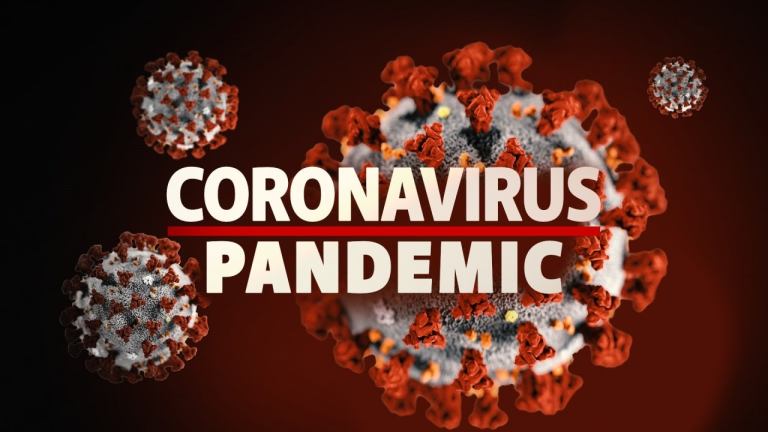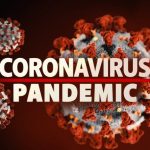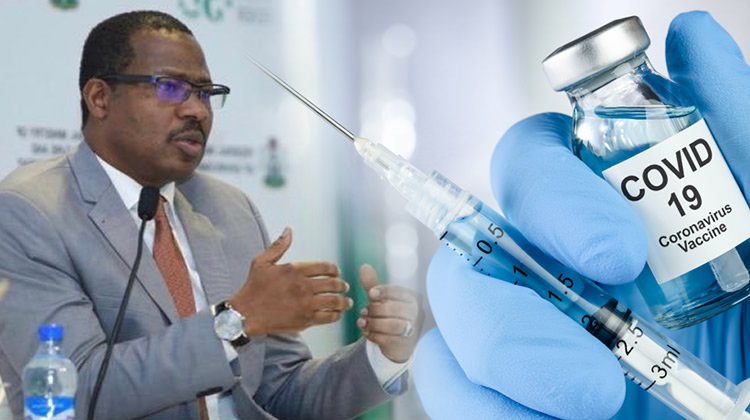Last week we discussed extensively about COVID- 19 and the modes of transmission, this week we will be addressing prevention of Covid- 19
Despite being a deadly viral infection, one can prevent self from being infected or possibly transfer of the infection to another person. Several prevention mechanisms have been deduced as how to prevent one self and this include but not limited to:
Proper washing of hands: Regularly washing of hands with soap under running water for at least 20 seconds kills viruses that may be on the hands. This is considered to be one of the mosteffective means of breaking transmission chain.Where there is no water use alcohol-based sanitizer (70% alcohol), Avoid public gathering, congested grocery stores etc and Stay home as much as possible
Social distancing: Maintain at least 2meters (6 feet) distance between you and anyone who is sneezing, coughing or in the same work spaceor even talking
Clean and disinfects surfaces and items thatare frequently touched eg door knobs, keys, eye glasses e.t.c at least every 30 minutes and at stipulated predetermined intervals.
Avoid touching eyes, nose and mouth withunwashed hands
When you cough or sneeze cover your mouthand nose with your bent elbow or tissue.
Ensure you and people around you cover their mouth or nose properly with disposable tissue and ensure proper disposal of such tissue in a closed bin immediately when coughing or sneezing or having a runny nose.
If you are to use nose mask, ensure proper usage, handling and disposal and ensure thorough cooking of poultry and livestock products. Also avoid unprotected and unnecessary contact with wild and farm animals
If you have fever, cough and difficultybreathing, seek medical care early call the NCDC toll free numbers and make sure youfollow guidelines and recommendations given by your specialist . physicians and healthcare providers
The W.H.O site gives useful information regarding the pandemic so avoid fake news and social media posts from sources not verified as we all know Covid- 19 is an emerging diseaseand new information and updates will bereceived and updated as scientists have clinicalevidence,
Avoid sharing uninformed opinions that are not facts, this only get most people anxious , angry, fearful, and stressed weighing down the immune system
• There are various myths about this disease ,so it is important we debunk some of them
MYTH 1: SPRAYING CHLORINE OR ALCOHOL ON SKIN WILL KILL VIRUS: Though people might use chlorine or alcohol to disinfect surfaces but spraying these products on the skin can cause harm especially if it gets into the eyes.
MYTH 2: DRINKING GARLIC AND WARM WATER KILL THE VIRUS :Though garlic might slow down the growth of some bacteria but COVID-19 is a virus and there is no proven fact that garlic can protect people from it.
MYTH 3: ANTIBIOTICS KILLS CORONAVIRUS
Antibiotics are used to inhibit or kill bacteria but COVID-19 is a virus and antibiotics cannot kill it.
MYTH 4: CORONA VIRUS IS THE DEADLIEST VIRUS KNOWN TO MAN: Although COVID-19 is more serious than flu, it is not the most deadly virus that can be faced, other viruses such as Ebola have higher mortality rate.
MYTH 5: THE VIRUS ORIGINATED IN A LABORATORY IN CHINA
Though the pandemic started off in China, there is no proven fact that the virus was originated in any lab in China and in fact recent studies shows that the virus is a natural product of evolution though it seated off in the city of Wuhan, Hubei Province in China .
MYTH 6: PARCELS FROM CHINA CAN SPREAD THE VIRUS
The CDC has pointed out that because of the poor ability of the virus to survive on surfaces for a long period of time there is likely low risk for the virus to spread from parcel to parcel especially for parcels that has been shipped over a period of days or week at optimal (normal temperature)
MYTH 7: ARE WE PROTECTED FOR LIFE IF WE GET INFECTED?Doctors examining patients recovering from a Covid-19 infection are finding fairly high levels of neutralizingantibodies in their blood. These antibodies are made by the body’s system, and they coat an invading virus at specific points, blocking its ability to break into cells.
“It is clear that immune responses are being mounted against Covid-19 in infected people,” says virologist Mike Skinner of Imperial College London. “And the antibodies created by that response will provide protection against future infections – but we should note that it is unlikely this protection will be for life. “Instead, most virologists believe that immunity against Covid-19 will last only a year or two. “That is in line with other coronaviruses that infect humans,” “That means that even if most people do eventually become exposed to the virus, it is still likely to become endemic – which means we would see seasonal peaks of infection of this disease. We will have reached a steady state with regard to Covid-19.”








